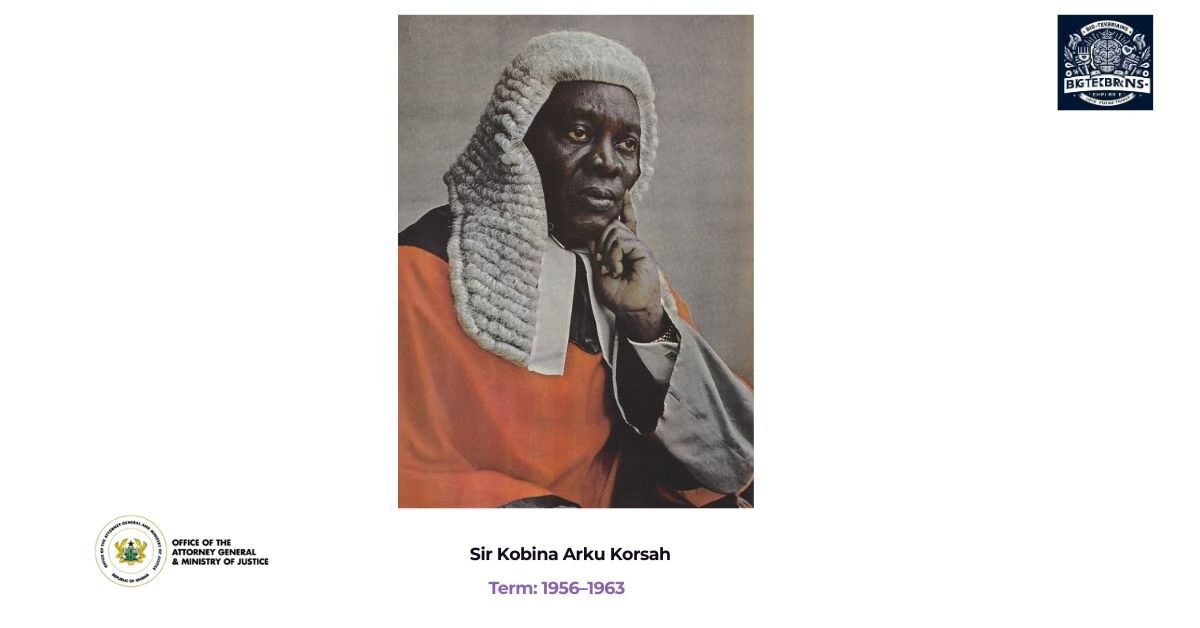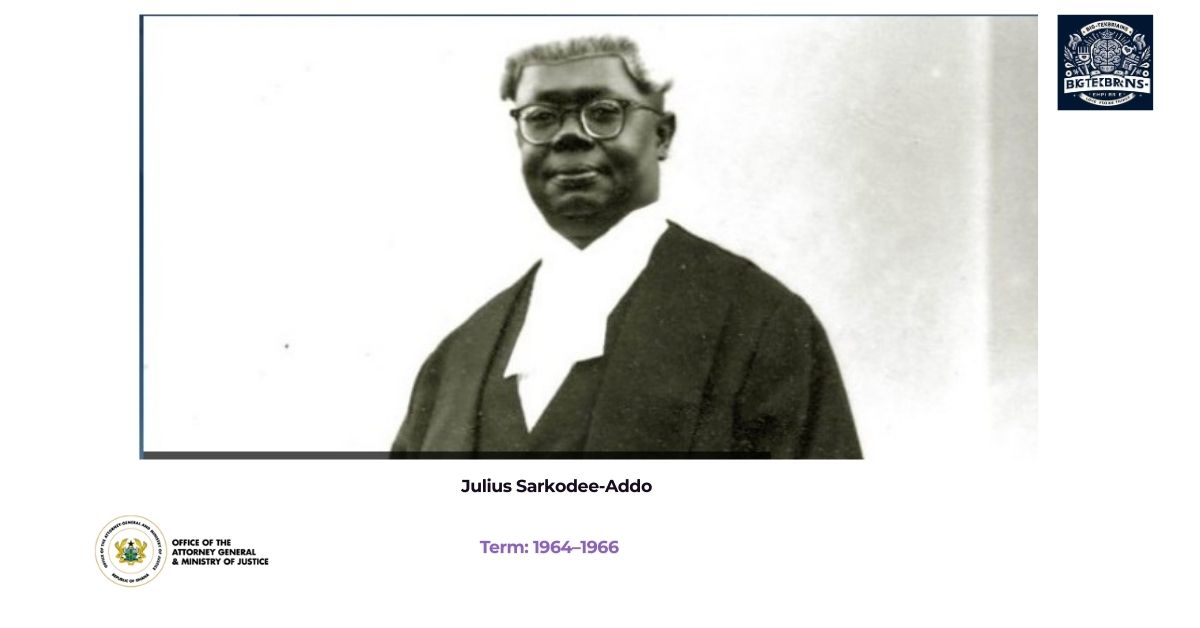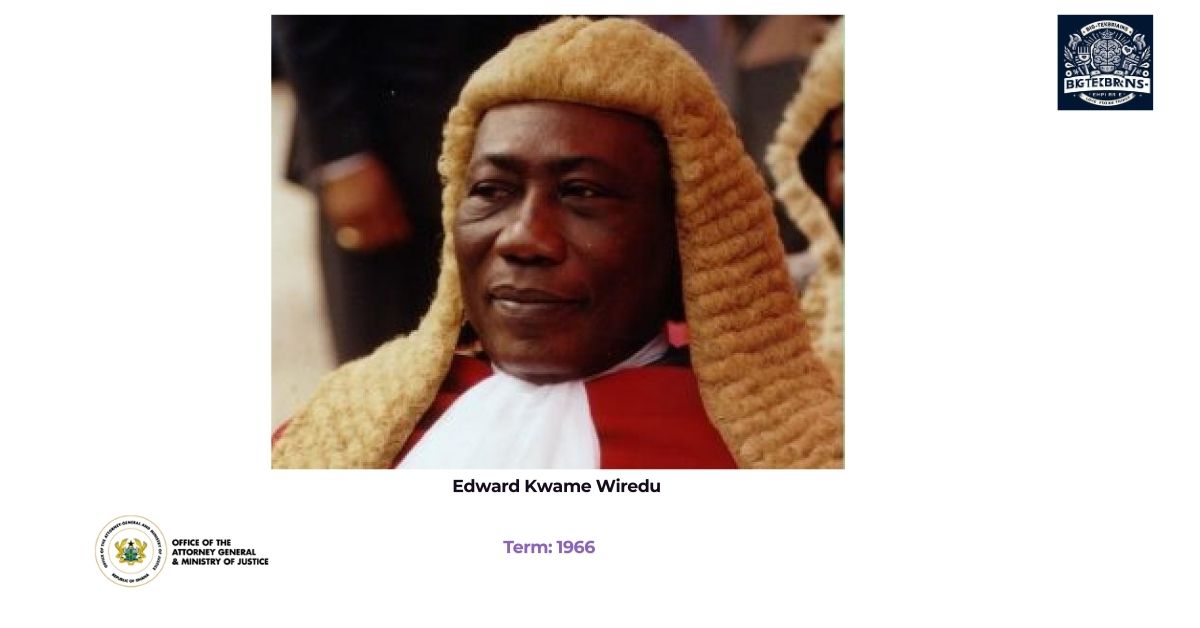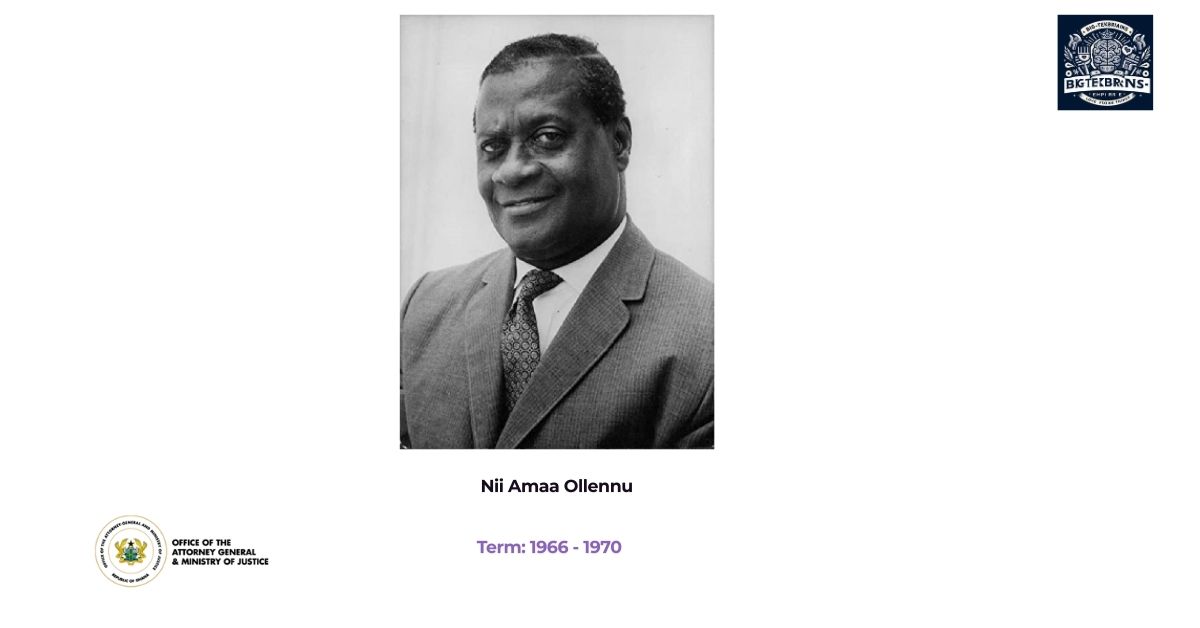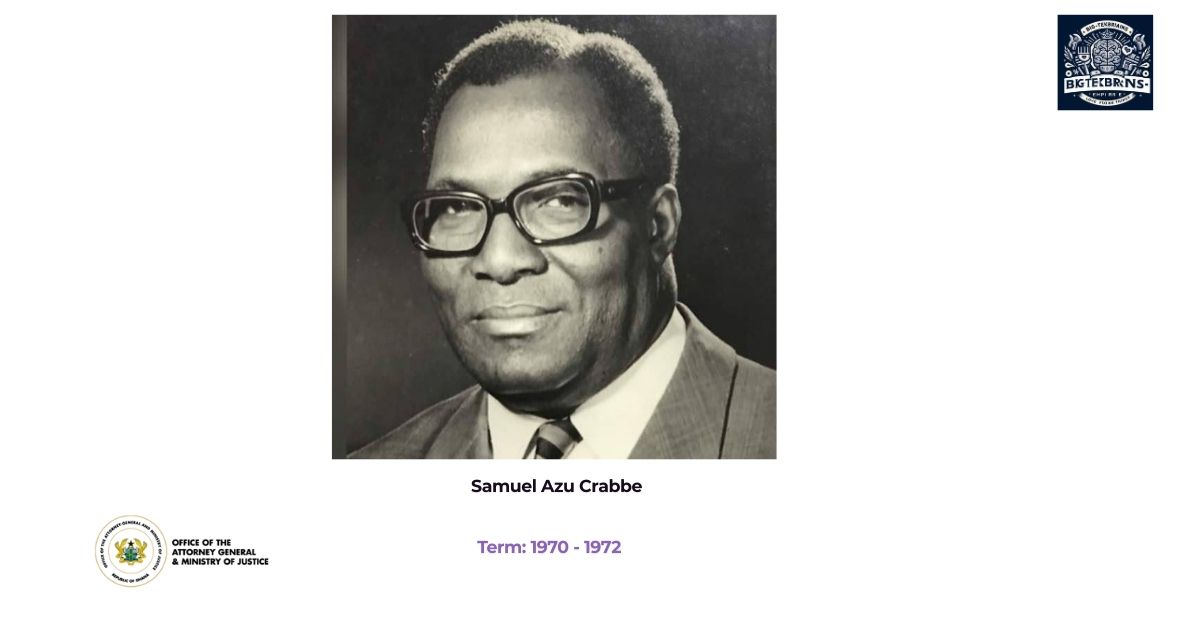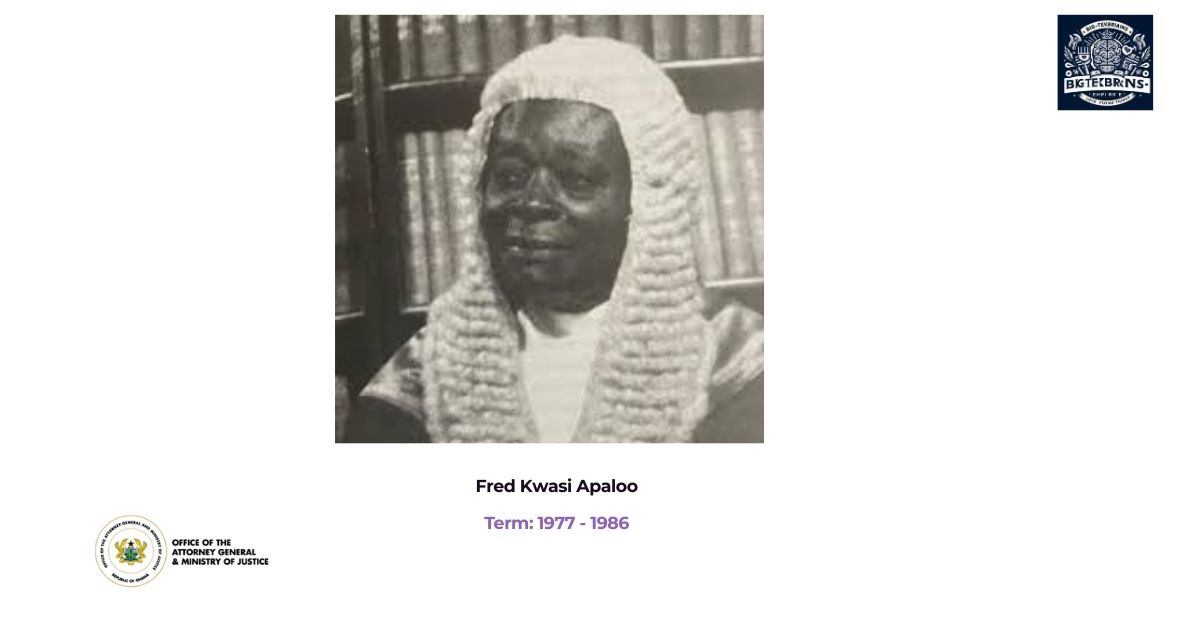INTRODUCTION
The Ghana Judicial Service (GJS) is the judicial arm of the government of Ghana, constitutionally mandated to interpret and apply the laws of Ghana, resolve disputes, and uphold the rule of law. Below is an overview of its operational framework, history, departments, leadership, offices, proceedings, and operational channels.
History of the Ghana Judicial Service
Colonial Origins:
- The GJS traces its roots to the colonial administration. In 1876, the Supreme Court Ordinance established the Supreme Court of the Gold Coast.
Post-Independence Evolution:
- With Ghana’s independence in 1957, the judicial system was restructured to reflect the nation’s sovereignty. The 1992 Constitution solidified its structure as an independent judiciary.
Structure of the Judicial Service
The Judicial Service operates under a well-defined framework comprising different levels of courts and administrative units:
Levels of Courts
Superior Courts:
- Supreme Court: The highest court; handles constitutional matters and reviews cases from lower courts.
- Court of Appeal: Handles appeals from lower courts.
- High Court: Has original jurisdiction in civil and criminal cases, including human rights issues.
Lower Courts:
- Circuit Courts
- District Courts
- Juvenile Courts
- Family Tribunals
- Magistrate Courts
Specialized Courts:
- Commercial, Land, and Labour Courts
- Financial and Economic Crime Courts
Departments Under the Judicial Service
Judicial Training Institute:
- Provides continuous education for judges and staff.
Finance Department:
- Manages budgets and finances.
Human Resources Department:
- Handles recruitment, training, and personnel welfare.
IT Department:
- Oversees digital systems like e-Justice.
Public Affairs and Communications:
- Manages public relations and information dissemination.
Records and Registry:
- Manages case files and archives.
Audit Department:
- Ensures financial accountability.
Leadership of the Judicial Service
Chief Justice:
- The head of the Judiciary and President of the Supreme Court. The Chief Justice oversees the administration of justice and the courts’ efficient operation.
Judges:
- Includes Justices of the Supreme Court, Court of Appeal, and High Court, each appointed by the President in consultation with the Judicial Council.
Judicial Secretary:
- Administrative head of the service, coordinating its operations.
Offices Under the Judicial Service
Court Registries:
- Located at all court levels for filing cases, accessing judgments, and providing case information.
Judicial Service Regional Offices:
- Support local courts with administrative functions.
E-Justice Offices:
- Facilitate electronic case filing and management.
Judicial Proceedings
Civil Proceedings:
- Include lawsuits, land disputes, family matters, and debt recovery.
Criminal Proceedings:
- Encompass trials for offenses ranging from misdemeanors to felonies
Alternative Dispute Resolution (ADR):
- Encourages amicable settlements through mediation.
Special Tribunals:
- Address issues like electoral disputes and financial crimes.
Channels of Operation
E-Justice System:
- An online platform for case filing, tracking, and management.
Judicial Council:
- Advises on appointments, promotions, and discipline of judges.
Public Complaints Unit:
- Allows citizens to lodge complaints about judicial misconduct.
Legal Aid Scheme:
- Provides legal services to those who cannot afford representation.
Key Policies and Guidelines
Judicial Code of Conduct:
- Ensures ethical standards for judges and staff.
Public Access to Information:
- Guarantees transparency in judicial processes.
Case Management Guidelines:
- Standardize how cases are filed, managed, and resolved.
Leadership and Reforms
Chief Justice:
- The sitting Chief Justice (as of now) is responsible for leading judicial reforms, such as digitizing court processes and expanding ADR mechanisms.
- Focus on improving efficiency, reducing case backlogs, and enhancing public confidence in the justice system.
Chief Justices of Ghana
Sir Kobina Arku Korsah | 1956–1963
- First Ghanaian Chief Justice, served during Ghana’s independence.
Julius Sarkodee-Addo | 1964–1966
- Served during the First Republic under President Kwame Nkrumah.
Edward Kwame Wiredu | 1966
- Temporarily held office after the 1966 coup.
Nii Amaa Ollennu | 1966–1970
- Oversaw the judiciary during the National Liberation Council era.
Samuel Azu Crabbe | 1970–1972
- Served during the Second Republic under Prime Minister Kofi Abrefa Busia.
Edward Kwame Wiredu | 1972
- Held office briefly after the military coup that overthrew the Second Republic.
Fred Kwasi Apaloo | 1977–1986
- Continued as Chief Justice during periods of political instability and military rule.
E. N. P. Sowah | 1986–1990
- Presided over judicial matters during the Provisional National Defence Council (PNDC) era.
Philip Edward Archer | 1991–1995
- Served under the PNDC and into the Fourth Republic under President Jerry Rawlings.
Isaac Kobina Abban | 1995–2001
- Oversaw critical cases during Ghana’s early Fourth Republic.
Edward Kwame Wiredu | 2001–2003
- Advocated for judicial independence and integrity.
George Kingsley Acquah | 2003–2007
- Focused on reforms, including judicial transparency.
Theodora Georgina Wood | 2007–2017
- First female Chief Justice of Ghana, known for her efforts to modernize the judiciary.
Sophia Akuffo | 2017–2019
- Promoted digitalization of court processes and alternative dispute resolution mechanisms.
Kwasi Anin-Yeboah | 2020–Present (as of November 2024)
- Advocates for digitization and judicial accountability.
Contact and Accessibility
- Judicial Service Headquarters: Located in Accra.
- Website: judicial.gov.gh – for accessing case information, judgments, and updates.

